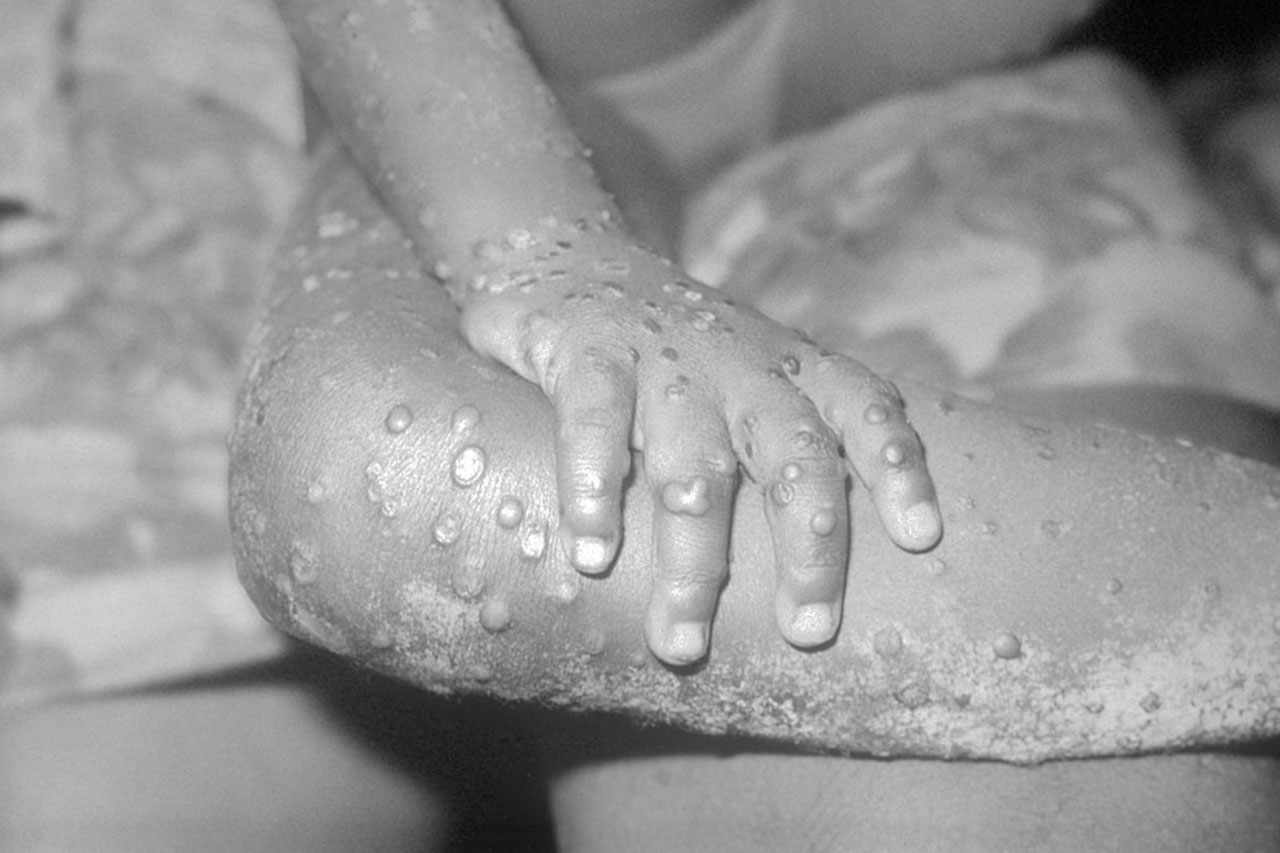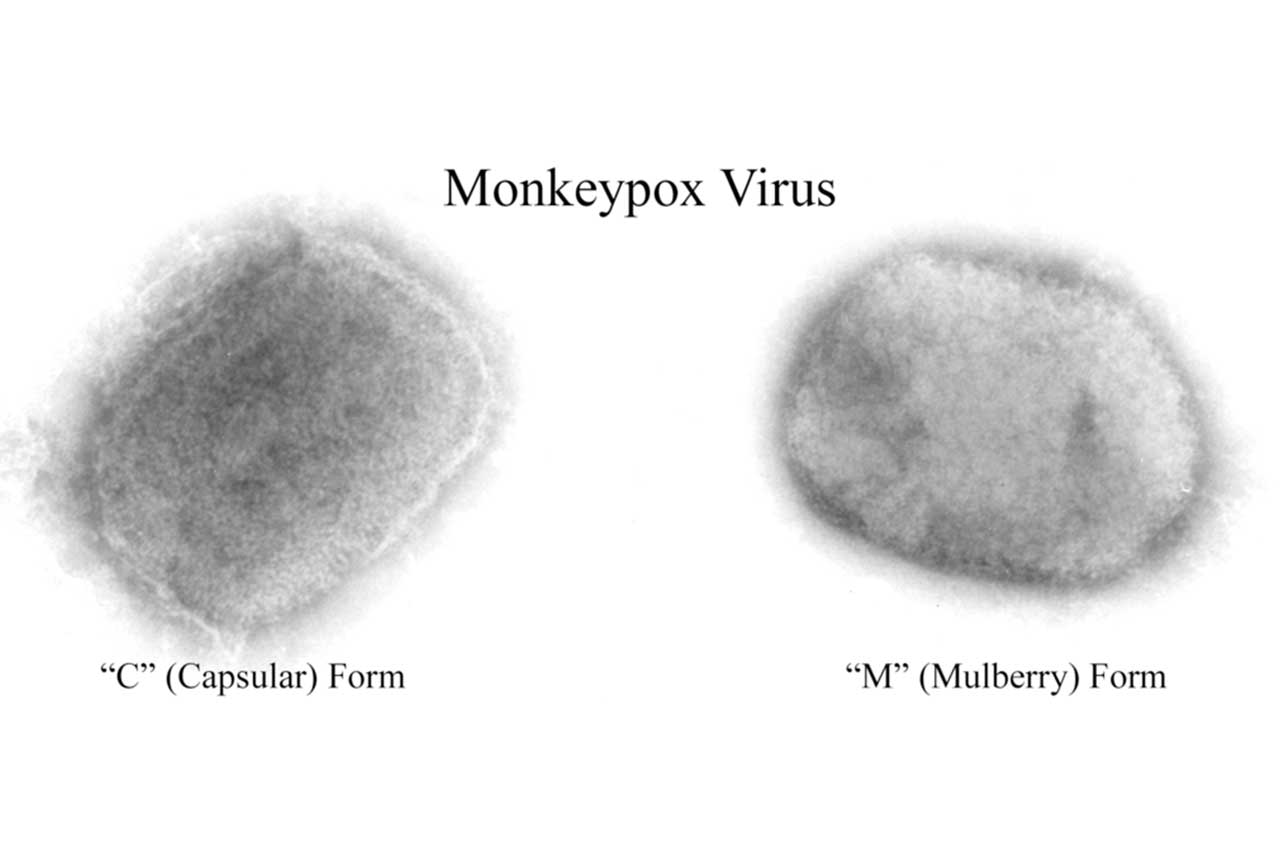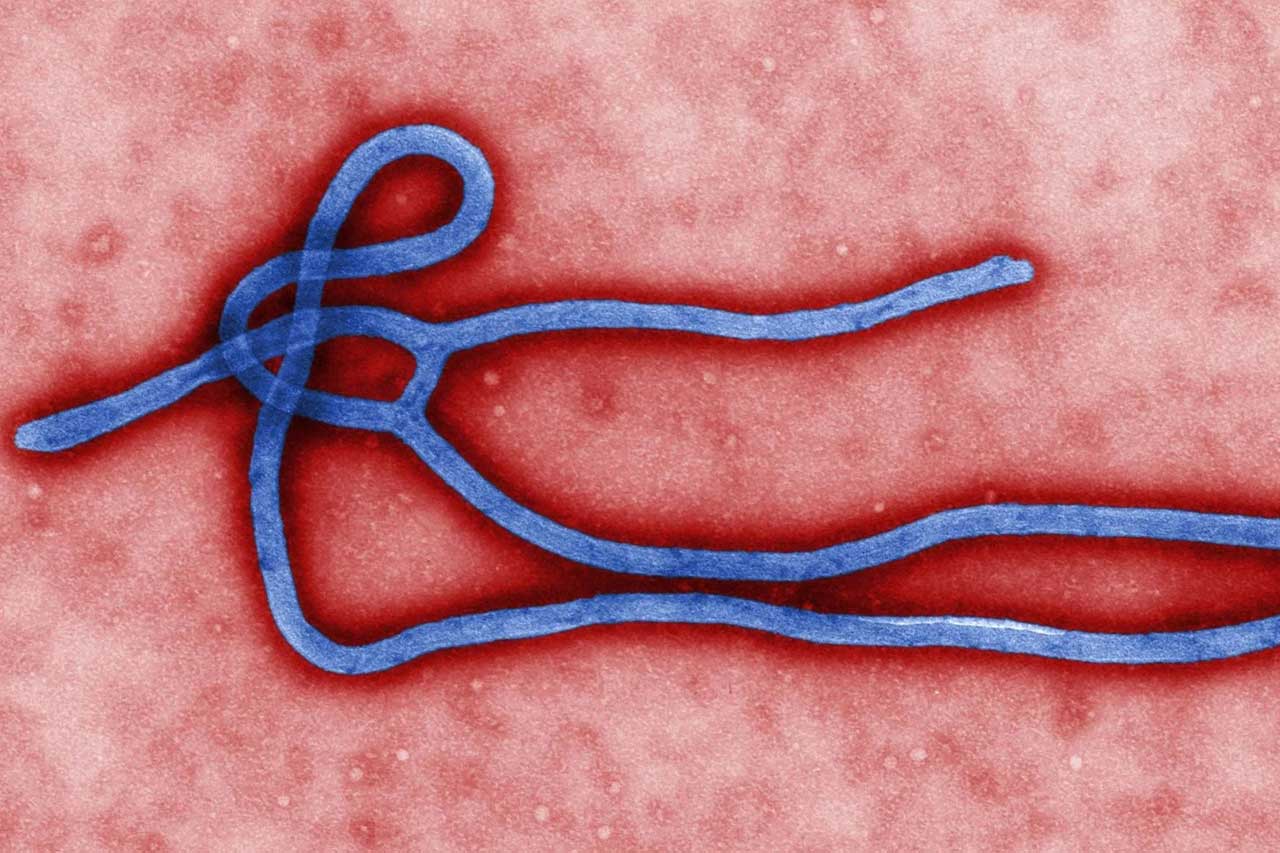
The Ebola virus arrested headlines earlier this year following an outbreak in the Democratic Republic of the Congo. Now, it’s back in the news with Côte d’Ivoire detecting its first case in more than 25 years.
The country’s Ministry of Health confirmed the news, after samples collected from an individual who had arrived from Guinea. This marks the first case of Ebola in Côte d’Ivoire since 1994. The individual in question – an eighteen-year-old girl – travelled to Côte d’Ivoire from Guinea, arriving in the country’s economic capital and largest city Abidjan on August 12th. The Pasteur Institute (Institut Pasteur) confirmed the case, with the patient receiving treatment in hospital.
That the case was detected in a capital city is of concern, as World Health Organization (WHO) Regional Director for Africa Dr Matshidiso Moeti pointed out. “It is of immense concern that this outbreak has been declared in Abidjan, a metropolis of more than four million people,” she said. Nonetheless, she emphasised that “much of the world’s expertise in tackling Ebola is here on the continent and Côte d’Ivoire can tap into this experience and bring the response to full speed. The country is one of the six that WHO has supported recently to beef up their Ebola readiness and this quick diagnosis shows preparedness is paying off.”
The DRC experienced an outbreak of the Ebola virus earlier this year in its North Kivu province – its fourth in three years and twelfth overall. The outbreak was declared over on May 3rd, with WHO Director-General Dr Tedros Adhanom Ghebreyesus affirming the WHO’s commitment to “helping national and local authorities, and the people of North Kivu, [to] prevent the return of this deadly virus and to promote the overall health and well-being of all at-risk communities.” The outbreak witnessed eleven confirmed cases, one probable case, and six fatalities.
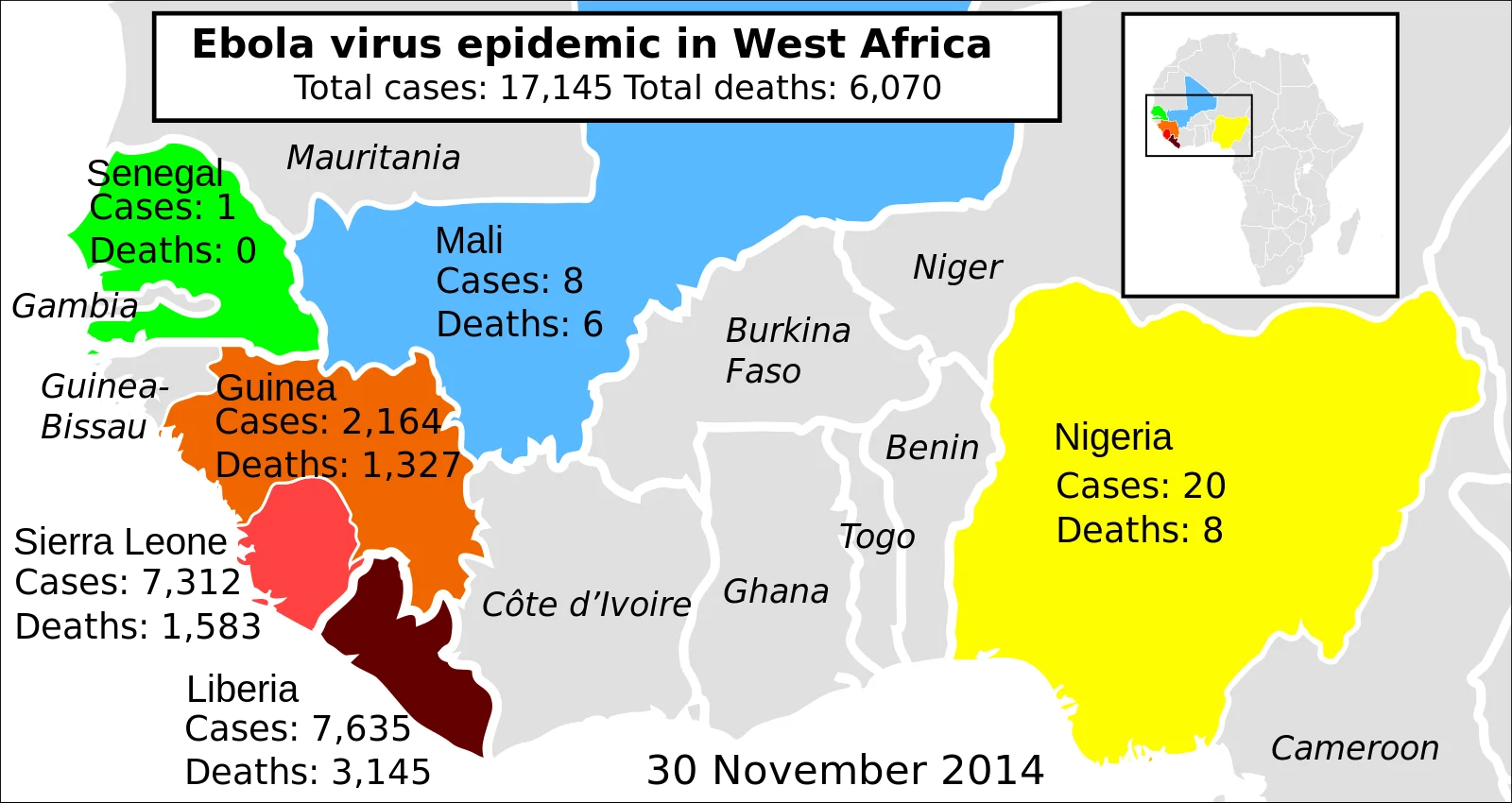
Guinea also experienced an Ebola outbreak this year. “The Ministry of Health of the Republic of Guinea announced an outbreak of Ebola virus disease on 14 February 2021 after a cluster of cases was reported in the sub-prefecture of Gouécké, Nzérékoré Region,” the WHO said. “This was the first time the disease was reported in Guinea since the previous outbreak ended in 2016.” The outbreak was declared over on June 19th, following twelve confirmed cases and seven probable cases as well as twelve fatalities.
Guinea was the epicentre of the 2014-16 Ebola outbreak in West Africa, which the WHO declared a public health emergency of international concern (PHEIC) on August 8th, 2014 – a designation which applies to “events with a risk of potential international spread or that require a coordinated international response” as the Centers for Disease Control and Prevention (CDC) explains.
Widespread Ebola transmission occurred in Guinea, Liberia, and Sierra Leone. Italy, Mali, Nigeria, Senegal, Spain, the United Kingdom, and the United States also saw infections, with Italy, Mali, Nigeria, and the United States also experiencing instances of secondary infection. The WHO rescinded the PHEIC designation on March 29th, 2016.
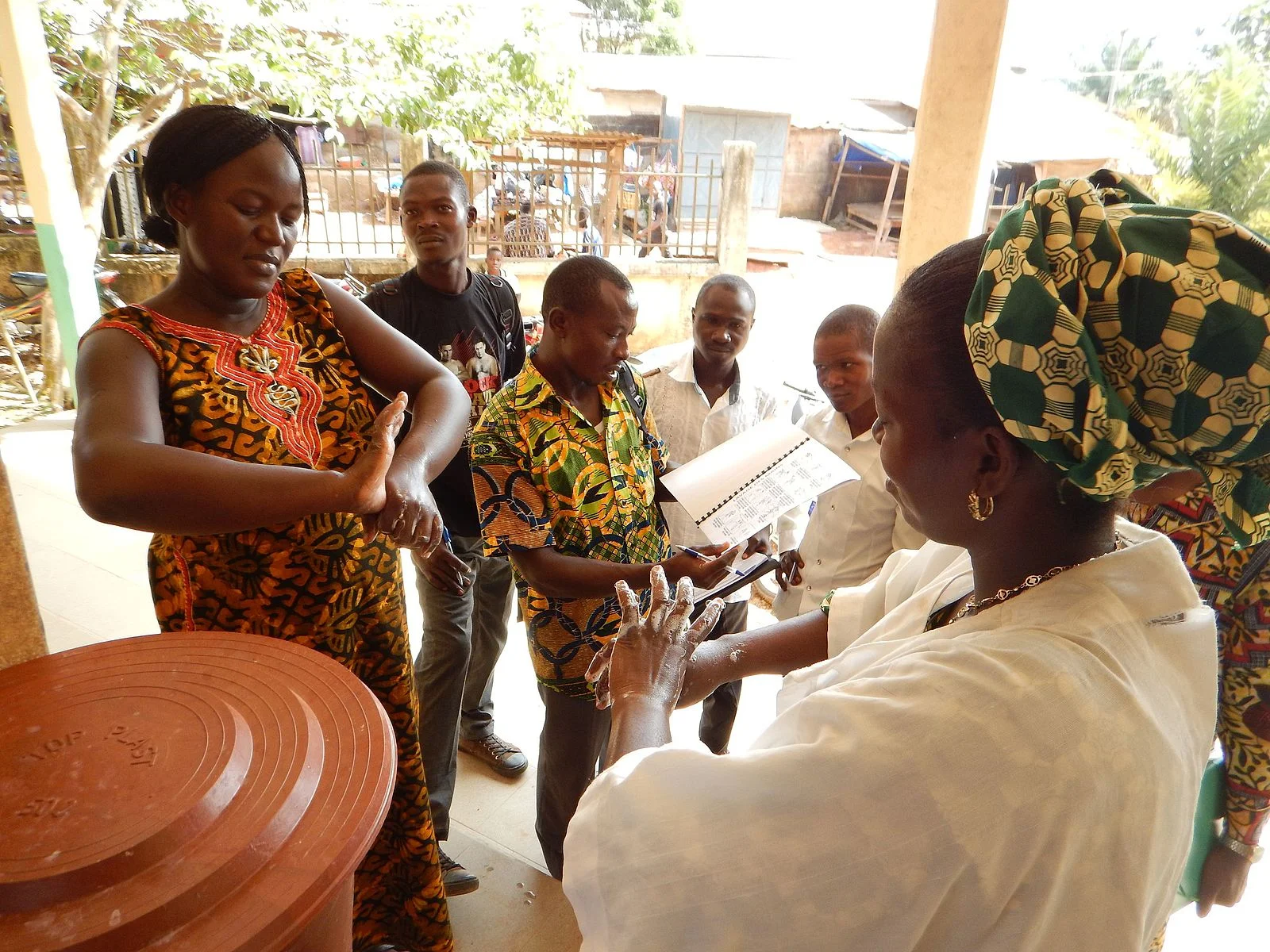
It is as yet unclear as to whether the Côte d’Ivoire outbreak is linked to the outbreak in Guinea. Genome sequencing is underway as part of investigations into the origin of the new case and whether there is a link. In the interim, the WHO says it “is helping to coordinate cross-border Ebola response activities and 5000 Ebola vaccines doses which the organization helped secure to fight the outbreak in Guinea are now being transferred to Côte d’Ivoire, following an agreement between the ministries of health of Côte d’Ivoire and Guinea. An aircraft is departing Abidjan soon to collect the vaccines which will be used to vaccinate people at high risk, including health workers, first responders and contacts of confirmed cases.
“WHO staff based in Côte d’Ivoire are supporting the investigation into the case. In addition, a multidisciplinary team of WHO experts covering all key response areas will be deployed rapidly to the field. They will help with ramping up infection prevention and control of health facilities, diagnostics, contact tracing, treatment and reaching out to communities to ensure they take a key role in the response.” Earlier this year, the International Coordinating Group (ICG) on Vaccine Provision, which includes the World Health Organization (WHO), UNICEF, the International Federation of Red Cross and Red Crescent Societies (IFRC), and Médecins Sans Frontières (MSF, or Doctors Without Border), announced a global Ebola vaccine stockpile to enable countries affected by outbreaks to vaccinate their populations in a timely manner should the need arise.
The Ebola virus is rare, but deadly. Symptoms include fever, aches, fatigue, a sore throat, loss of appetite, gastrointestinal issues, and unexplained bleeding or bruising. Preventative measures include vaccination, avoiding contact with bodily fluids of those who are sick or items which they have had contact with, and avoiding contact with the meat and bodily fluids of animals which are known vectors for the Ebola virus such as bats, forest antelopes, and nonhuman primates (such as monkeys and chimpanzees).


